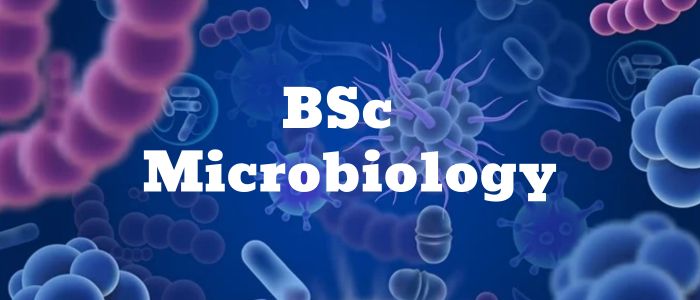Overview
The Department of Microbiology offers a detailed program in microbiology principles, laboratory techniques, and research. The department prepares students for careers in healthcare, pharmaceuticals, and research.


The Department of Microbiology offers a detailed program in microbiology principles, laboratory techniques, and research. The department prepares students for careers in healthcare, pharmaceuticals, and research.
Microbial Genetics
Pathogenic Microbiology
Immunology
Laboratory Techniques
This subject explores the genetic mechanisms of microorganisms, focusing on DNA replication, transcription, translation, and gene regulation in bacteria and viruses. Students study plasmids, mutations, genetic recombination, and modern genetic engineering techniques such as CRISPR. This knowledge is foundational for advancements in biotechnology, medicine, and microbial research.
This area focuses on microorganisms that cause disease in humans, animals, and plants. Students study the characteristics, transmission mechanisms, and pathogenic strategies of bacteria, viruses, fungi, and parasites. The curriculum includes host-pathogen interactions, disease progression, and current methods for diagnosis, treatment, and prevention of infectious diseases.
Immunology examines the defense mechanisms of the human body against pathogens. Topics include the innate and adaptive immune systems, antigen-antibody interactions, immunological memory, hypersensitivity, and vaccines. Students gain an understanding of how immune responses are triggered and regulated, which is essential for diagnosing immune disorders and designing immunotherapies.
This hands-on component trains students in essential microbiological and biochemical techniques used in clinical and research laboratories. Skills include aseptic technique, microbial culturing, staining methods, microscopy, biochemical testing, and molecular biology procedures such as PCR and electrophoresis. Emphasis is placed on safety, accuracy, and proper documentation.